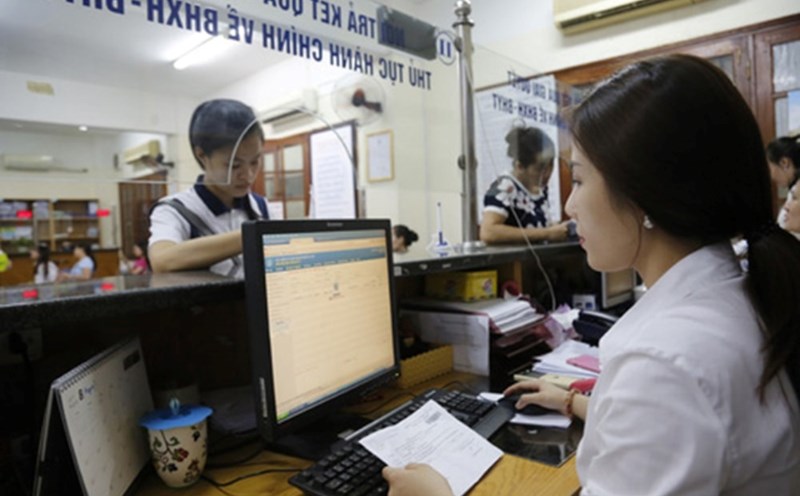On the afternoon of July 28, at the conference to review 1 month of operation of local government at 2 levels, Minister of Home Affairs Pham Thi Thanh Tra said that localities have completed the arrangement and consolidation of People's Councils and People's Committees at the provincial and commune levels and basically completed the establishment of specialized agencies, administrative organizations, and public service units at the provincial and commune levels.
The country has established 465 specialized agencies under the Provincial People's Committee (including 12 unified specialized agencies in 34 provinces and cities and 56 specialized agencies in some localities). Over 9,900 commune-level specialized departments have been established in over 3,320 communes, wards and special zones.
Public administrative service centers operate effectively, many places have applied information technology, operated software to solve administrative procedures and connected with the National Public Service Portal and national databases.
Many localities have creative ways of arranging civil servants and public employees with information technology experience at the Center. The number of online records has increased significantly.
However, according to the report of the Ministry of Finance, by July 24, the total number of surplus houses and land that need to be further processed by localities was over 9,000 (including provincial and commune levels).
In addition to positive results, Minister of Home Affairs Pham Thi Thanh Tra frankly stated that one of the major problems at present is the team of cadres, civil servants and public employees of local government at both levels.
Currently, the team of commune-level cadres and civil servants is mainly old commune-level civil servants (accounting for about 70%), the remaining 30% is rotated from the provincial and district levels (old). This leads to a lack of synchronization in qualifications, skills and makes it difficult to arrange suitable personnel.
There will be a document to direct localities to review, synthesize, and evaluate the arrangement and assignment of cadres, civil servants, and public employees, thereby classifying and screening the cadres and public employees according to specific criteria and standards.
On that basis, a solution will be developed, while opening up recruitment opportunities and adding new tasks to meet the requirements of the tasks, the Minister emphasized.
To solve the fundamental problem, the Ministry of Home Affairs will soon advise the Government to issue a Decree on determining job positions, as a basis for both arranging, screening, and restructuring the team of cadres and civil servants, especially at the commune level. At the same time, training courses and professional development will be organized to improve the capacity to perform tasks in the new context.
The Minister also suggested that in the coming time, ministries and branches continue to proactively review and adjust specialized legal documents with overlapping content, inadequacy or lack of specific regulations, especially in the fields of land management, construction, finance - budget, population, civil status, education and health, ensuring a clear distinction of functions and tasks between the provincial and commune levels, and the synchronization of the legal system.
Prioritize handling problems related to organizational structure, cadre management, decentralization of tasks, budget allocation, use of facilities, connection of information technology infrastructure, population data and household registration; promote digital transformation, digital government, digital society, digital citizens to ensure operational requirements for local authorities at both levels.
Strengthen inspection, supervision, evaluation of implementation results, develop a thematic inspection plan, periodically conduct internal self-inspections to detect shortcomings and propose adjustments.











